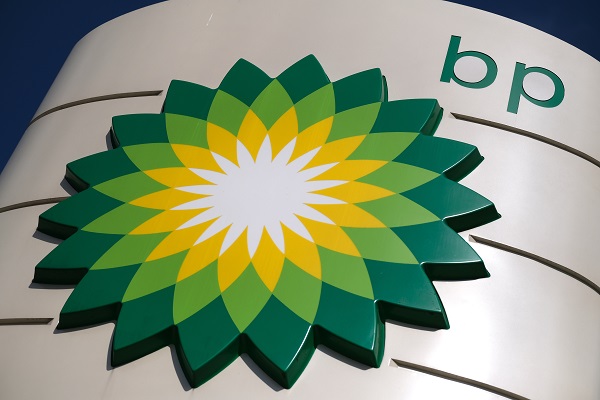BP is gushing cash during oil price boom
2nd November 2021 08:11
by Richard Hunter from interactive investor
Its impressive ability to generate cash has had a significant benefit, not least for income-seeking investors.

The cash tills are ringing at BP (LSE:BP.) given the oil price headwind, but an accounting adjustment has driven a loss for the third quarter.
The adjustment relates to a hedge on higher gas prices which would unwind in the event of falling prices or the delivery of cargoes. Stripping this adjustment out, the underlying replacement cost profit for the quarter was $3.3 billion, comfortably ahead of expectations. It compares with a profit of $2.8 billion in the previous quarter and $86 million in the corresponding period last year.
BP’s prodigious cash generating ability has not only enabled the announcement of a further planned share buyback of $1.25 billion, but also a remarkable 20% reduction in net debt over the last 12 months, from $40 billion to $32 billion. Meanwhile, the dividend is being maintained, with the current yield of 4.3% a clear enticement to income-seeking investors.
- Oil bulls name top sector picks
- ii view: Shell faces activist call for a break-up
- Shares for the future: most high-scoring stocks since January
Production has also increased marginally year-on-year, with the company expecting previous production declines to ease as the year wears on. There are expected bumps in the road to come given the volatility of energy prices, higher expected seasonal maintenance activity and some lessening of demand, while the effects of Hurricane Ida are still being felt.
However, there is a larger target at play and BP is endeavouring to move towards its transformation at an accelerated pace. Divestment proceeds of between $6 and $7 billion are expected for the year as a whole, which will add further impetus to a strengthened balance sheet. The second strand of the strategy, distributions to shareholders, is also being swept along by the increase in cash flow. The third and perhaps most important move, however, is the company’s investment in its own transformation.
The oil majors have long recognised the need to provide renewable energy on a multi-decade view as opposed to the ultimately finite resource on which these companies were founded. For BP, this is partially driven by a move towards low carbon alternatives, although the cost of such a fundamental shift is a huge commitment over time.
For the moment, however, the current price of Brent oil of around $85 per barrel compares favourably with BP’s own projections which are based on a price of $60, let alone the “cash balance point” of $42 which the company previously identified.
- The great investment strategies: income investing
- Why the oil price just made a new three-year high
- The shares Nick Train is backing to shield against inflation
- Take control of your retirement planning with our award-winning, low-cost Self-Invested Personal Pension (SIPP)
As such, ambitious though the targets are, there is progress being made on an incremental basis. The share price has not fully recovered to its pre-pandemic levels and remains down by 27% over the last two years.
Over the last year, however, there has been a significant improvement in fortunes, with a rise of 82% comparing to a gain of 29% for the wider FTSE100. There is little doubt that major challenges lie ahead, but the market consensus of the shares as a "buy" reflects the fact that BP is well-placed to maintain progress.
These articles are provided for information purposes only. Occasionally, an opinion about whether to buy or sell a specific investment may be provided by third parties. The content is not intended to be a personal recommendation to buy or sell any financial instrument or product, or to adopt any investment strategy as it is not provided based on an assessment of your investing knowledge and experience, your financial situation or your investment objectives. The value of your investments, and the income derived from them, may go down as well as up. You may not get back all the money that you invest. The investments referred to in this article may not be suitable for all investors, and if in doubt, an investor should seek advice from a qualified investment adviser.
Full performance can be found on the company or index summary page on the interactive investor website. Simply click on the company's or index name highlighted in the article.